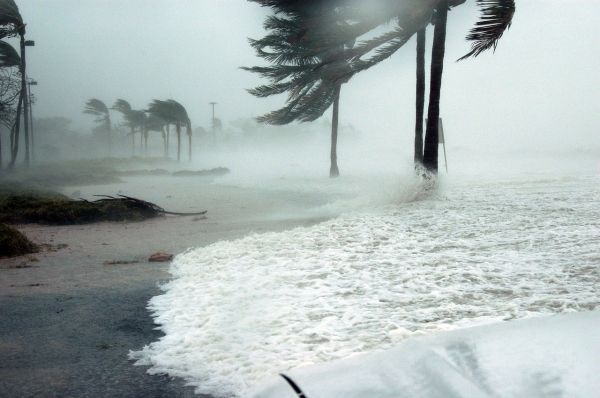Global warming is dramatically increasing the risk of extreme hurricanes in the Caribbean, but meeting more ambitious climate change goals could up to halve the likelihood of such disasters in the region, according to new research.
The study, led by the University of Bristol, analysed future projections of hurricane rainfall in the Caribbean and found it to be particularly vulnerable to climate change, resulting in extreme hurricane rainfall events being as much as five times more likely in a warmer world.
“Hurricane research has previously focused on the United States, so we wanted to look at the Caribbean region, which has fewer resources to recover. The findings are alarming and illustrate the urgent need to tackle global warming to reduce the likelihood of extreme rainfall events and their catastrophic consequences, particularly for poorer countries which take many years to recover,” said lead author Emily Vosper, Research Student at the School of Computer Science, at the University of Bristol.
The researchers generated thousands of synthetic hurricanes under three climate scenarios: present day conditions compared to the Paris Agreement goals of 1.5 degrees Celsius and 2°C warming above pre-industrial levels. The main objective of the Paris Agreement, a global framework to tackle climate change, is to hold the global average temperature increase to well below 2°C above pre-industrial levels and endeavour to limit the temperature increase to 1.5°C.
Read more at University of Bristol
Photo Credit: 12019 via Pixabay


